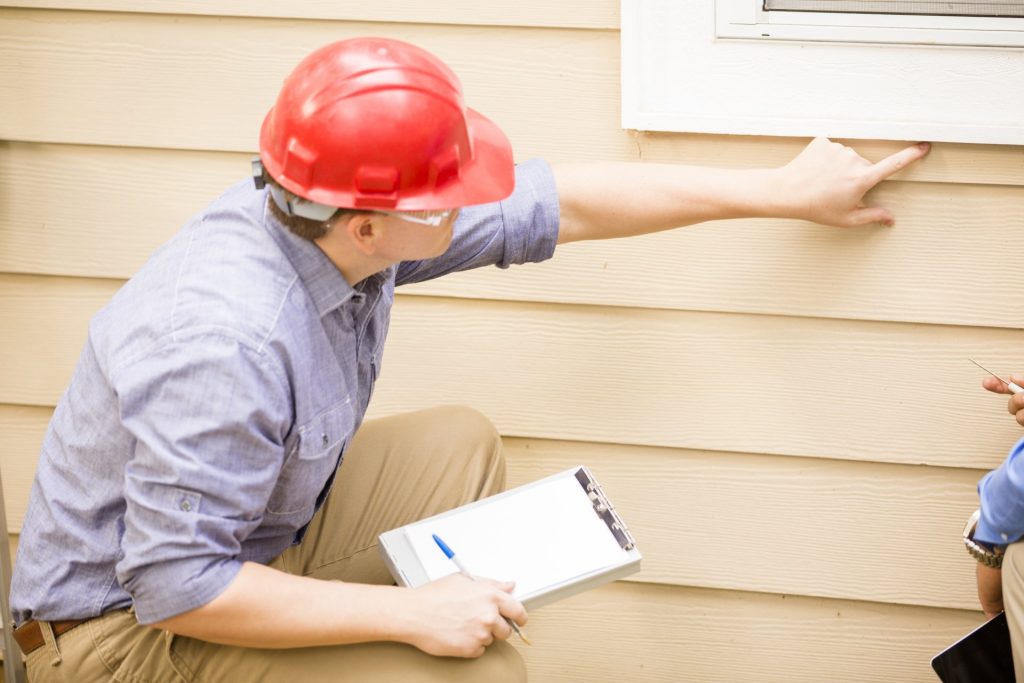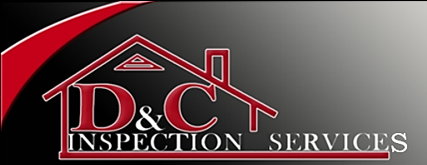
Essential Guide to Roof Inspections for Florida Homeowners
Living in Florida, homeowners must contend with the fact that the state’s unique climate, featuring strong winds, heavy rain, and abundant sunshine, can take a toll on their roofs. One of the most effective ways to safeguard your home and prolong your roof’s lifespan is to conduct regular roof inspections. These inspections can identify potential issues, such as leaks and damage, before they escalate into more expensive and extensive problems.
In this essential guide, we will explore the importance of roof inspections for Florida homeowners and explain the process, helping you understand what you can expect when scheduling a professional inspection for your property.
At Rhino Roofing, we are committed to providing expert roofing services, with the sale, installation, repair, and maintenance of roofs tailored to Florida’s unique environment. Our highly skilled team understands the requirement for inspections to ensure the longevity and performance of your roofing system, ultimately protecting your home from the state’s weather conditions. With comprehensive knowledge and experience in conducting roof inspections, Rhino Roofing’s professionals are well-equipped to provide critical insights and expert advice to ensure the ongoing health and safety of your roof.
1. The Importance of Regular Roof Inspections
Regular roof inspections are crucial in maintaining the integrity, safety, and longevity of your roof, particularly in Florida’s unique climate:
a) Early Problem Detection: Routine inspections can reveal potential issues, such as leaks, damaged shingles, and inadequate ventilation, before they escalate into more severe problems, saving homeowners time and money.
b) Prolonged Roof Life: By addressing minor issues promptly, regular inspections can help extend the lifespan of your roof, ensuring that it continues to protect your home from Florida’s harsh weather conditions.
c) Insurance Claims: In the event of storm damage, a documented roof inspection history can help support your insurance claim, providing evidence that your roof was well-maintained before the incident.
2. Key Components of a Professional Roof Inspection
A professional roof inspection typically includes a thorough examination of your roof’s structure and materials:
a) Exterior Inspection: This involves a visual examination of your roof’s surface, checking for signs of wear, damage, and potential leaks. Inspectors look for issues such as loose, damaged, or missing shingles, algae growth, and damaged flashing around vents, chimneys, and skylights.
b) Interior Inspection: The inspector will examine your attic, assessing for proper insulation, ventilation, and signs of water infiltration or structural damage.
c) Drainage and Gutter Evaluation: Ensuring proper water drainage is critical in preventing roof damage. An inspector will assess your gutters and downspouts for debris and proper water flow, checking for any signs of damage.
d) Detailed Inspection Report: After the inspection, you will receive a comprehensive report outlining any identified issues, recommended actions, and an estimate of repair costs if necessary.
3. Preparing for a Roof Inspection
To make the inspection process as smooth as possible, consider taking the following steps:
a) Schedule Inspections Regularly: In Florida’s climate, it’s recommended to conduct roof inspections at least once per year or after severe storm events, ensuring any weather-related damage is promptly addressed.
b) Choose a Reputable Roofing Contractor: Research and select a trustworthy, experienced roofing contractor like Rhino Roofing to conduct your inspection, ensuring accurate assessments and professional advice.
c) Clear Debris: Remove any debris from your gutters and surrounding areas, providing clear access for the inspector to evaluate your roof and drainage system.
d) Review Previous Inspection Reports: Familiarize yourself with any past inspection reports, noting concerns or repairs that were previously addressed, to prepare for discussions with your inspector.
4. Post-Inspection Recommendations and Next Steps
Following the inspection, it’s essential to take appropriate action to address any identified issues and preserve the health of your roof:
a) Review the Inspection Report: Carefully review the inspection report, asking any questions and ensuring you understand the findings, recommendations, and potential costs involved in addressing any issues.
b) Schedule Necessary Repairs: Contact Rhino Roofing or a trusted roofing contractor to schedule any required repairs or maintenance, ensuring your roof remains in optimal condition and protecting your home.
c) Implement Preventative Measures: To keep your roof in its best shape, consider embracing ongoing preventive measures, such as routine gutter cleaning, trimming overhanging tree branches, and monitoring for signs of leaks or damage.
d) Maintain a Roof Inspection Record: Retain all inspection reports, repair invoices, and maintenance documentation, creating a comprehensive record of your roof’s history that can be helpful for insurance claims and future inspections.
Conclusion:
Regular roof inspections are essential for Florida homeowners, allowing for early problem detection, prolonging the life of your roof, and assisting with insurance claims. By engaging a reputable roofing contractor like Rhino Roofing to conduct a thorough inspection of your property’s interior and exterior, you can be confident in the ongoing health, integrity, and safety of your roof.
Trust Rhino Roofing to provide comprehensive, professional roof inspections for your Florida home, backed by our team’s expertise, experience, and commitment to customer satisfaction. Through our inspections, maintenance, and repair services, we are dedicated to helping you protect what is likely your most significant investment – your home. Contact our roofing contractors today to schedule your roof inspection and benefit from the peace of mind that comes from partnering with Florida’s premier roofing contractor.
